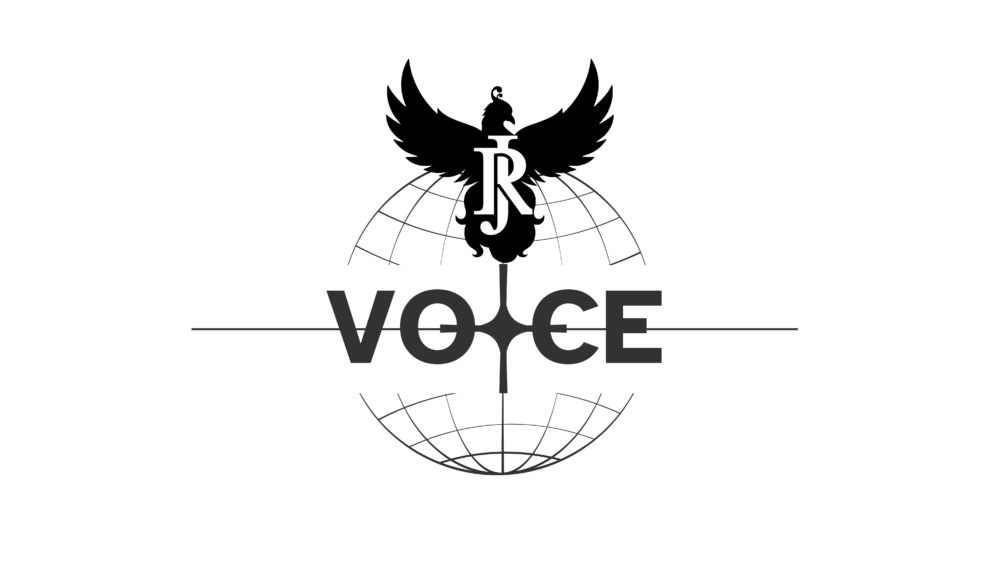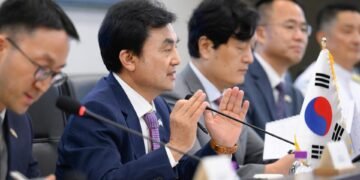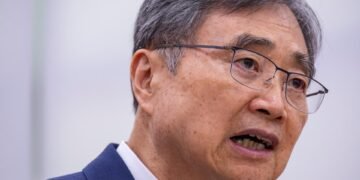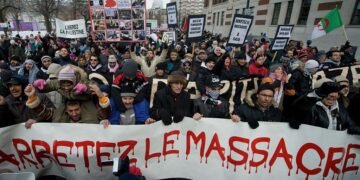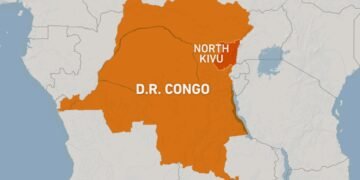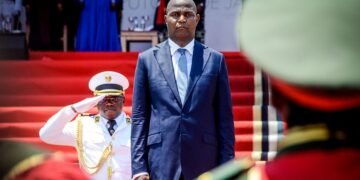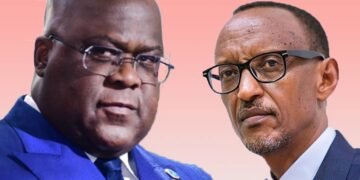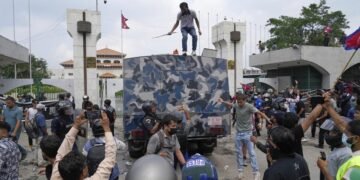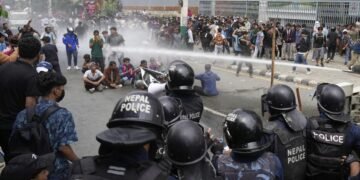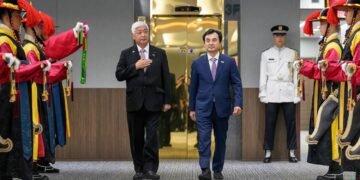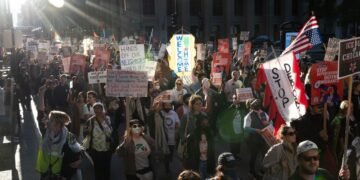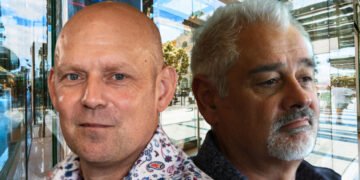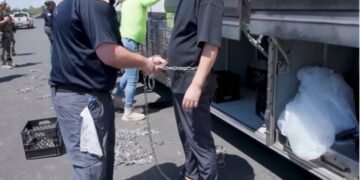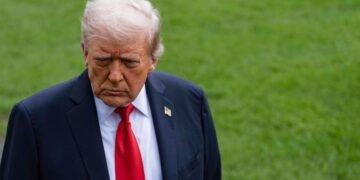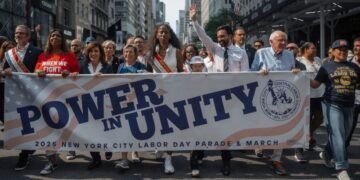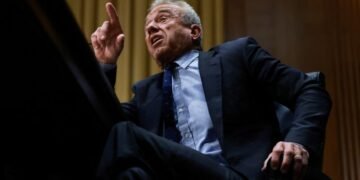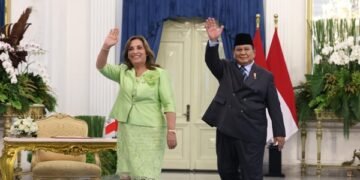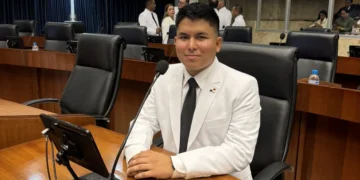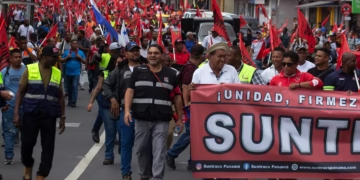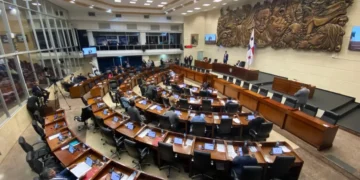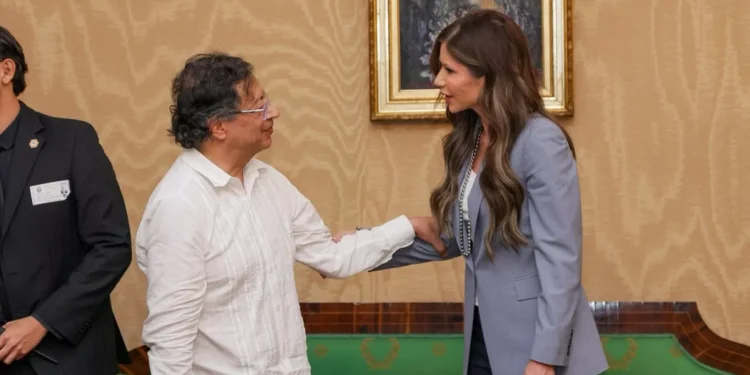A recent high-level meeting in Bogotá between Colombian President Gustavo Petro and Kristi Noem, the U.S. Secretary of Homeland Security under Donald Trump, took an unexpected turn when the Colombian leader proposed a radical shift in drug policy: the legalization of cocaine.
According to those familiar with the encounter, the atmosphere was tense, and the chemistry between Petro and Noem was noticeably strained. During the meeting, Petro openly floated the idea that legalizing cocaine—similar to how alcohol was regulated after Prohibition—could be a more effective way to combat international drug trafficking. Noem, a staunch conservative aligned with Trump’s hardline policies, reportedly appeared visibly unsettled by the remark.
While Petro has previously spoken about the failure of the global war on drugs, his candidness during this meeting appears to have caught the U.S. official off guard. Noem later gave an interview in the U.S. in which she mischaracterized some of Petro’s comments, even suggesting—incorrectly—that he had claimed to be friendly with members of the Tren de Aragua, a violent Venezuelan criminal group with growing influence in Latin America. This statement was quickly dismissed as false by Colombian officials, including Petro himself, Foreign Minister Laura Sarabia, and Defense Minister Iván Velásquez.
Defense Minister Velásquez clarified the context of the discussion, explaining that the president had been offering a broader analysis of the origins and transnational expansion of criminal networks like the Tren de Aragua. “At no point did the president claim to have any links with the group,” Velásquez said, adding that while the United States has designated Tren de Aragua as a terrorist organization, in Colombia it is currently classified as an Organized Criminal Group due to its operations, not its ideology or methods.
He also provided figures to underscore Colombia’s law enforcement response, noting that 106 members of the gang have been arrested in the country, including several high-ranking figures, and another 134 individuals have been identified, 15 of whom are wanted internationally.
Despite these clarifications, the fallout from the meeting has created a diplomatic headache for the Petro administration. Although the encounter initially appeared cordial—both Noem and Foreign Minister Sarabia made a joint public appearance following their meeting—the tone shifted dramatically in the aftermath. Noem has since voiced sharp criticism of Petro, joining a growing chorus of disapproval from prominent U.S. conservatives and figures within Trump’s political sphere, including Senator Marco Rubio.
Petro, for his part, has not backed down. In previous public remarks, he has condemned what he describes as inhumane deportation practices under the Trump administration and has gone as far as to compare some of Trump’s immigration policies to those implemented during the Nazi era.
The episode underscores the growing rift between the Petro government and Washington’s right-wing establishment, particularly over approaches to narcotics policy and regional security. As Colombia continues to grapple with internal criminal dynamics and its international partnerships, Petro’s willingness to challenge longstanding orthodoxies on the drug war is likely to remain a point of contention—especially with U.S. leaders who favor a tougher stance.
With just over a year left in his term, Petro appears increasingly inclined to voice his long-held beliefs more bluntly. Whether his calls for reform will shift international discourse or further polarize diplomatic relations remains to be seen.

